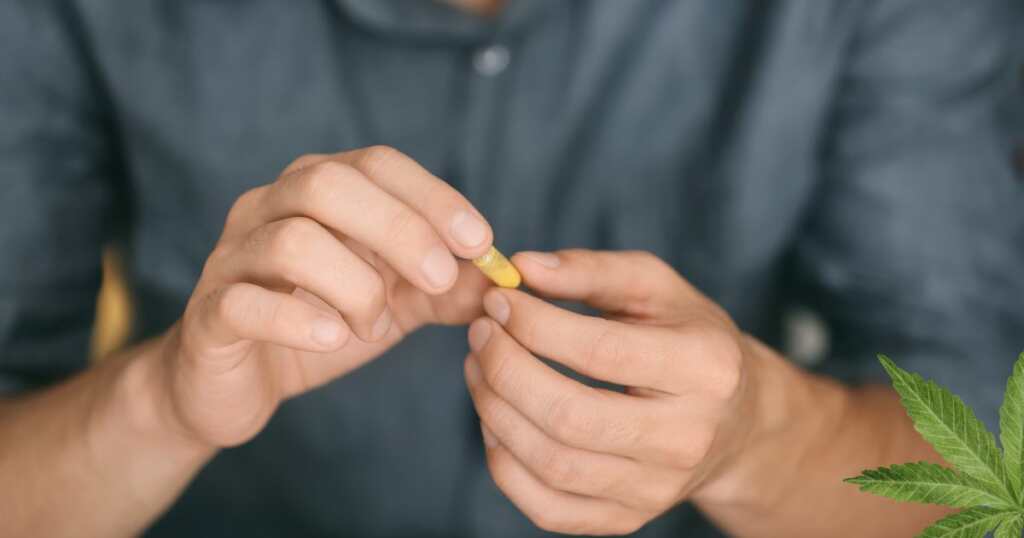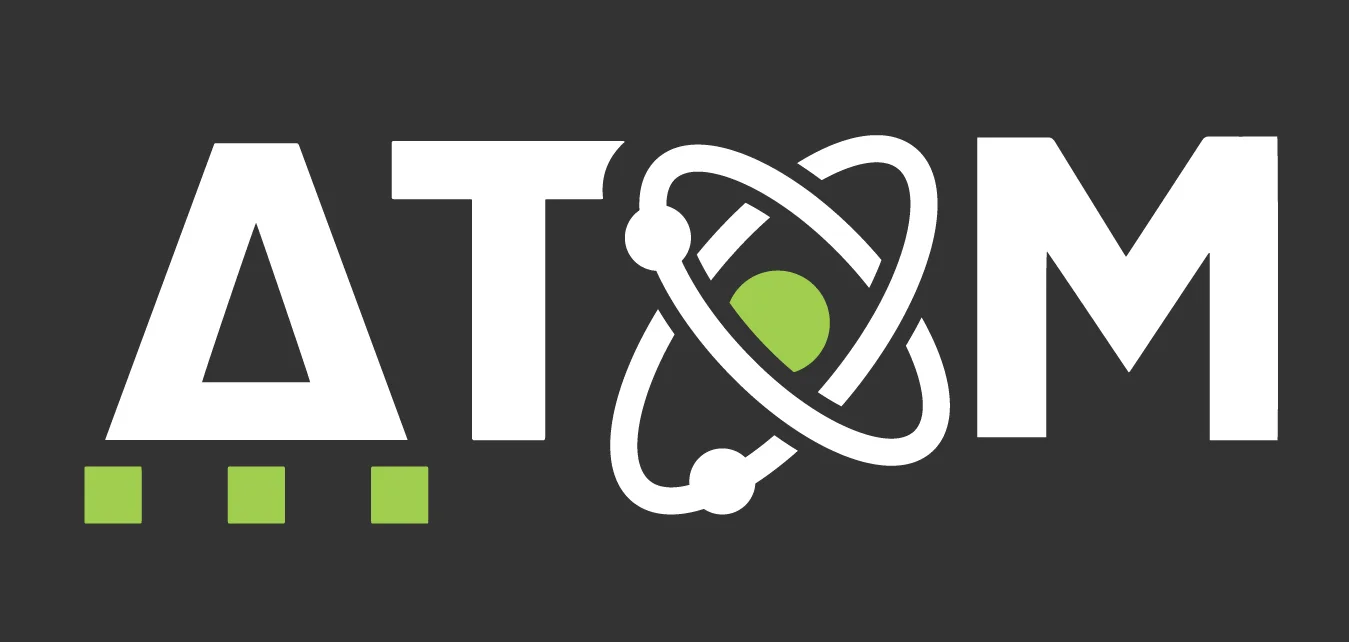Table of Contents
- What Is ADHD?
- How Could Cannabis Help With ADHD Symptoms?
- Does Cannabis Effectively Treat ADHD Symptoms?
- Combining Medication and Cannabis
- Risks of Using Cannabis to Treat ADHD Symptoms
- Conclusion
- FAQs
Are you curious about the potential benefits of Cannabis treatment for ADHD Symptoms? Discover a promising approach to alleviate symptoms in this guide. Explore the intersection of cannabis and ADHD, uncover the latest research, and gain insights into this intriguing treatment option. Let’s delve into the world of cannabis for ADHD and unlock new possibilities for managing symptoms.
What Is ADHD?
ADHD is a complex neurodevelopmental disorder that manifests in various ways. It affects children and adults, with symptoms often appearing during early childhood and persisting into adulthood. There are three different presentations of ADHD: predominantly inattentive, predominantly hyperactive/impulsive, and combined type. Each presentation has its own distinct set of symptoms and challenges.

How Could Cannabis Help With ADHD Symptoms?
Cannabis, known for its medicinal properties, contains two primary components: tetrahydrocannabinol (THC) and cannabidiol (CBD). THC is responsible for the psychoactive effects commonly associated with cannabis use, while CBD is a nonpsychoactive compound gaining popularity for its potential therapeutic benefits. Regarding ADHD, cannabis’s potential effectiveness lies in its interaction with the body’s cannabinoid receptors.
THC binds to cannabinoid receptors in the brain, altering neurotransmitter release and affecting cognitive processes. This interaction may help regulate attention, hyperactivity, and impulsivity—the core symptoms of ADHD. However, it’s crucial to note that THC’s psychoactive properties can also induce side effects, such as increased anxiety or impaired memory.
On the other hand, CBD appears to counteract THC’s psychoactive effects, promoting a more balanced experience. CBD has gained attention for its potential to reduce anxiety, improve sleep, and enhance mood stability. Some individuals with ADHD report that CBD supplementation alone has provided relief from symptoms, although further research is needed to substantiate these claims.
The exact mechanisms through which cannabis might alleviate ADHD symptoms are still not fully understood. The interaction between THC, CBD, and the body’s endocannabinoid system is believed to play a crucial role. The endocannabinoid system regulates various physiological processes, including mood, cognition, and attention. By modulating this system, cannabis may potentially offer relief from ADHD symptoms.
Does Cannabis Effectively Treat ADHD Symptoms?
The perception that cannabis can be a therapeutic option for ADHD has grown in popularity. Some individuals with ADHD claim that cannabis has positive effects on their symptoms. However, the scientific evidence remains inconclusive.
A qualitative analysis conducted in 2016 suggested that medical cannabis may positively affect ADHD symptoms, with participants reporting improved concentration and reduced impulsivity. Similarly, a 2020 study found that ADHD patients who used medical cannabis experienced a significant reduction in symptoms. These studies seem promising, but they are not definitive.
Contrasting these findings, a 2013 study revealed that cannabis users with ADHD demonstrated worse cognitive performance than non-users. Additionally, a 2019 medical review indicated insufficient evidence regarding the effectiveness of cannabis for mental health conditions, including ADHD.
Dr. Rebecca Siegel, a renowned expert in ADHD, recommends a cautious approach. She emphasizes the need for more clinical trials to determine the safety, efficacy, and long-term effects of using cannabis to treat ADHD symptoms. Until then, it is crucial to approach cannabis as a potential treatment option with skepticism and seek guidance from healthcare professionals.
Combining Medication and Cannabis
Combining ADHD medication with cannabis poses complex challenges and potential risks. Mixing substances can have unpredictable effects on individuals, particularly when it comes to cardiovascular function.
A study on the combination of Adderall, a commonly prescribed medication for ADHD, and marijuana highlighted unique effects on cardiovascular function. The interaction between these substances can increase heart rate and blood pressure, which may pose serious health risks, especially for individuals with pre-existing cardiovascular conditions.
Despite anecdotal reports of individuals combining medication and cannabis to manage ADHD symptoms, there is a lack of research on the practicality and effectiveness of this treatment approach. The potential interactions, side effects, and overall impact on ADHD symptom management remain poorly understood. It is essential to consult with medical professionals to assess the individual risks and benefits before combining medication and cannabis for ADHD.

Risks of Using Cannabis to Treat ADHD Symptoms
Using cannabis to treat ADHD symptoms has inherent risks, particularly regarding cannabis use disorder and potential dependence.
Estimates suggest that around 30% of marijuana users may develop marijuana use disorder, a condition characterized by problematic cannabis use leading to negative consequences in various aspects of life. Individuals with ADHD have a higher prevalence of cannabis use than the general population, potentially increasing their vulnerability to developing cannabis use disorder.
Using cannabis to treat ADHD symptoms can lead to dependence, wherein individuals may rely on the substance to manage their symptoms. This dependence can hinder the development of healthy coping strategies and potentially exacerbate ADHD symptoms over time.
It is crucial to be aware of the risks associated with frequent cannabis use, including potential addiction and the possibility of worsening ADHD symptoms. Before considering cannabis as a treatment option, individuals should thoroughly evaluate the potential risks, seek professional guidance, and explore alternative evidence-based interventions.
Conclusion
Cannabis as a primary treatment option for ADHD lacks conclusive scientific support. While some studies suggest potential benefits, the overall research is limited and inconclusive. Further clinical trials and research are needed to establish its efficacy. It is crucial to rely on traditional ADHD treatment options that have been extensively studied and proven effective.
Individuals should consult healthcare providers for personalized advice and explore evidence-based interventions. Caution is advised, and more robust scientific evidence is necessary to make informed decisions regarding cannabis for ADHD treatment.
FAQs

What are the benefits of cannabis for ADHD?
Cannabis is often touted for its potential benefits in managing ADHD symptoms. Some individuals claim that it helps improve focus, reduce impulsivity, and promote a sense of calm. However, scientific evidence is limited and inconclusive regarding the specific benefits of cannabis for ADHD.
Can you use cannabis with ADHD medication?
Combining cannabis with ADHD medication can be complex and potentially risky. The interaction between the two substances can lead to unpredictable effects, primarily on cardiovascular function. It is crucial to consult with healthcare professionals before combining cannabis with ADHD medication to assess individual risks and potential interactions.
What herb is good for ADHD?
While some individuals may consider using herbs as an alternative approach to managing ADHD symptoms, it is essential to note that scientific evidence supporting their efficacy is limited. Herbs like ginkgo biloba, ginseng, or passionflower have been suggested as potential options, but their effectiveness in treating ADHD has not been conclusively proven.
Can ADHD people have a normal life?
Absolutely! Individuals with ADHD can lead fulfilling lives with proper management and support. While ADHD may present challenges, understanding the condition, implementing effective strategies, and seeking appropriate treatment can significantly improve daily functioning. With the right interventions, support networks, and self-care practices, individuals with ADHD can succeed in various aspects of life and lead fulfilling and productive life.




